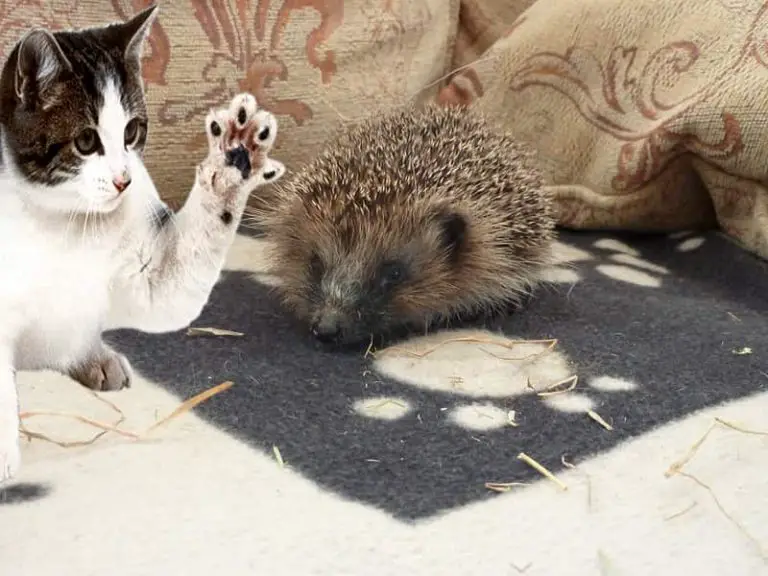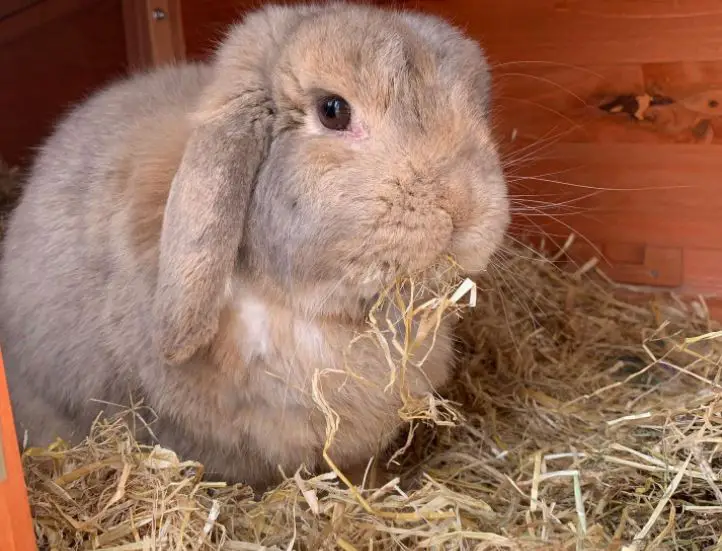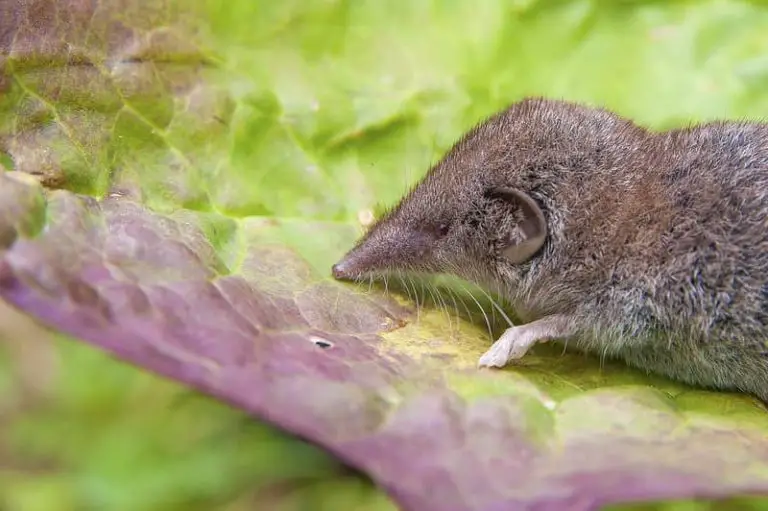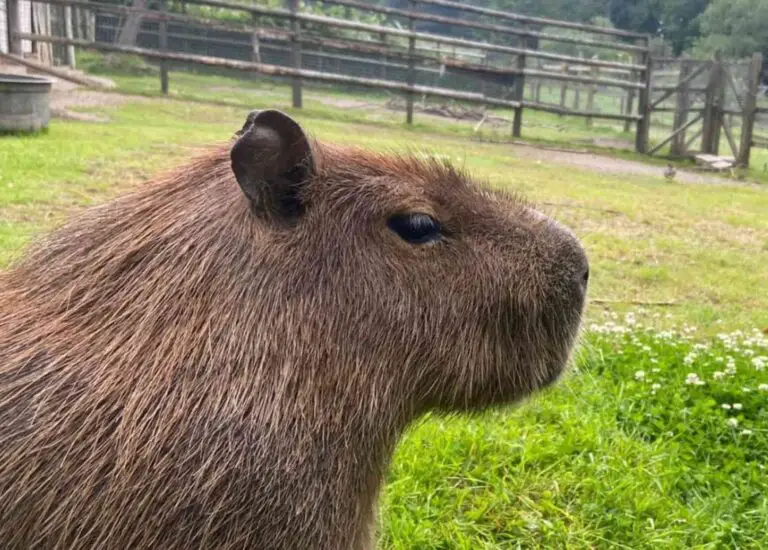Two Natural Squirrel Deterrents that Really Work

According to some live tests, ammonia and fox urine have proven to be two very effective components in repelling squirrels.
Ammonia, being a natural gas with a very strong odor, and fox urine, also a natural element that causes terror in squirrels, both work as squirrel repellents.
As an animal lover, I really like squirrels, but sometimes these little animals can be quite destructive, when they are looking for food, they can be quite invasive, chewing wires, damaging plantations, they are little creators of chaos.
I did some detailed research and found out what are scents that really work to scare squirrels away and how to apply them, among these elements is of course ammonia which is very popular, but special caution should be taken with its use.
Squirrels not only eat the buds and bark of shrubs and plants in the garden but also like to dig up flower bulbs and plants.
However, visiting a squirrel becomes really problematic when the small rodents penetrate into the house, as they can cause holes in the walls, nibble on wires and pipes. In the worst case, this can even lead to fires or short circuits.
Here is the result of my research with the elements that work to repel squirrels.
Squirrel sense of smell and deterrents
Squirrels have an excellent sense of smell which they use in their daily lives to locate food, gather information from other squirrels, as well as to detect if predators are nearby.
Squirrels’ sense of smell is so powerful that they can locate food buried under the ground or snow by sniffing. In fact, rodents are known for their olfactory capabilities, but it is precisely this ability to sniff that makes it easier to apply elements that can scare them away.
Ammonia as a squirrel deterrent
Ammonia is a very effective deterrent for squirrels, to scare them away, use cloths soaked in ammonia and spread them in specific places where you think squirrels frequent.
And, if you have ever smelled ammonia even accidentally you will understand why it works as a squirrel repellent element, ammonia smells like hell, it is able to irritate the eyes and throat of an adult person, imagine what that smell can do to a small squirrel with more acute senses to a human being.
Once, out of ignorance, I smelled directly a bottle containing ammonia, and I almost fainted, the irony of this is that the bottle was empty, only the essence was left, and that was enough to almost knock me out.
If ammonia can do that to a human being, imagine a squirrel, which is a small mammal, with a sensitive nose and a pulmonary respiratory system.
The way to use ammonia is with ammonia soaked rags or ammonia soaked cotton balls, place them directly on the place where the squirrels frequent.
Is ammonia toxic to squirrels?
Yes, ammonia and even chlorine can be harmful to squirrels and other mammals that are directly exposed to ammonia fumes and liquid. Ammonia can cause respiratory tract irritation if inhaled directly.
When ammonia enters the body of a living being through respiration, it reacts with water to produce ammonium hydroxide. This chemical is highly corrosive and damages body cells on contact.
Ammonia is colorless and the gas it emanates, which is lighter than air, floats easily from the place where it has been placed.
How long does ammonia scent last?
According to the Agency for Toxic Substances and Disease Registry (ATSDR), ammonia odor remains in the air for about a week after its initial introduction into the indoor environment.
This information is important, because you don’t need to soak the rags in ammonia every day, or every other day, the smell of ammonia is so intense, that you can soak the rags to deter squirrels once a week, just remember to use caution.
Be careful with ammonia as a squirrel deterrent
Yes, ammonia works as a squirrel deterrent, but you should be very cautious with its use, especially if you live in a home with children and other pets.
Ammonia is very irritating and the liquid and gas it emanates can burn the skin, eyes, mouth and lungs.
If a spill occurs, children may be exposed to ammonia for a longer period of time than adults because they may not leave the area quickly enough.
Be careful also with the use of ammonia in poorly ventilated and enclosed spaces such as the attic of a house, in the example I gave above, where I explained my bad experience with ammonia, ammonia gases can accumulate in a place where they have nowhere to escape, and that would be terrible if you inhale it.
Fox urine as a squirrel deterrent
Foxes are squirrel hunters by nature and squirrels know that, they also know that foxes mark their territory with urine, fox urine is available in commercial establishments and on amazon.
The way to use it is similar to that of ammonia, putting rags or cotton wool flakes soaked with the urine in scattered places that squirrels visit, you can do this spontaneously, just like a fox would do it.
What other deterrents can be used against squirrels?
Other items also work as squirrel deterrents, using full strength Pine Sol disinfectant mixed with warm water is a combination that can be used and works, the pine odor is repulsive to most animals, including squirrels.
If you are going to do the test with pine sol, you should make sure that it is the one that is composed of pine oil, since lately, they have changed the essence of the product due to a shortage of pine oil.
What odors don’t work very well as squirrel deterrents?
The odors of white pepper and cayenne pepper that are generally recognized as squirrel deterrents are actually not as effective as odor mechanisms, but it can deter squirrels from eating the plants and flowers on which these peppers are applied.
The way to apply these powders is by sprinkling cayenne pepper flakes on plants or places frequented by squirrels.
Coffee grounds also do not seem to me to be a reliable choice as a squirrel deterrent.
Resources:
https://www.health.ny.gov/environmental/emergency/chemical_terrorism/ammonia_general.htm







